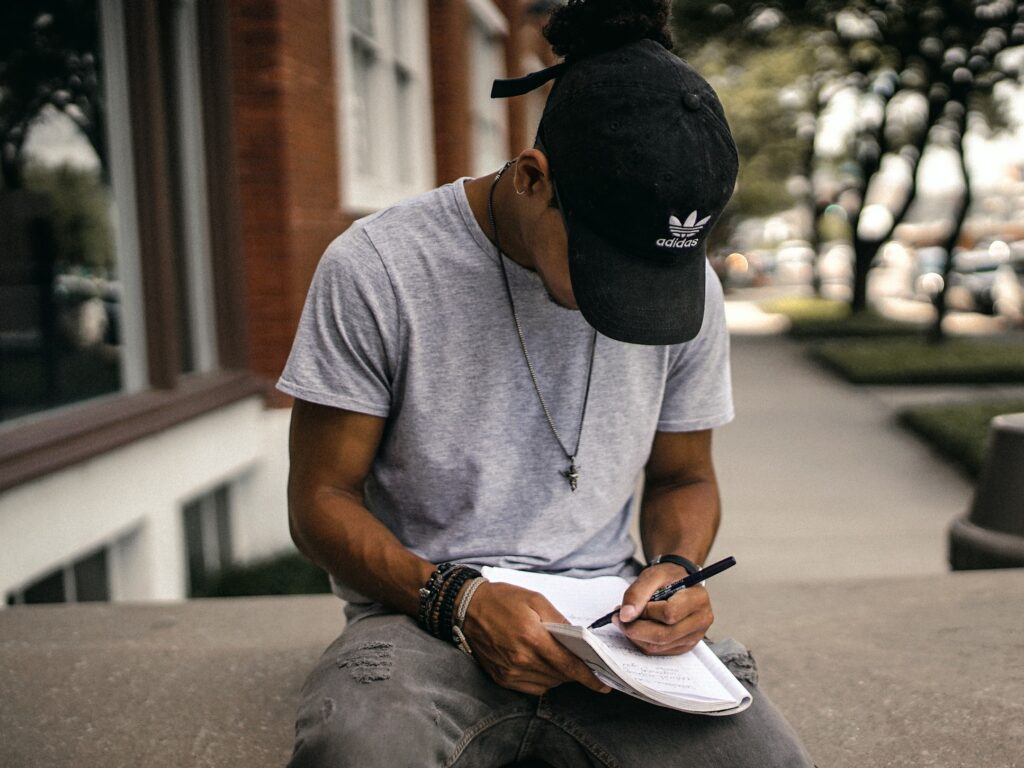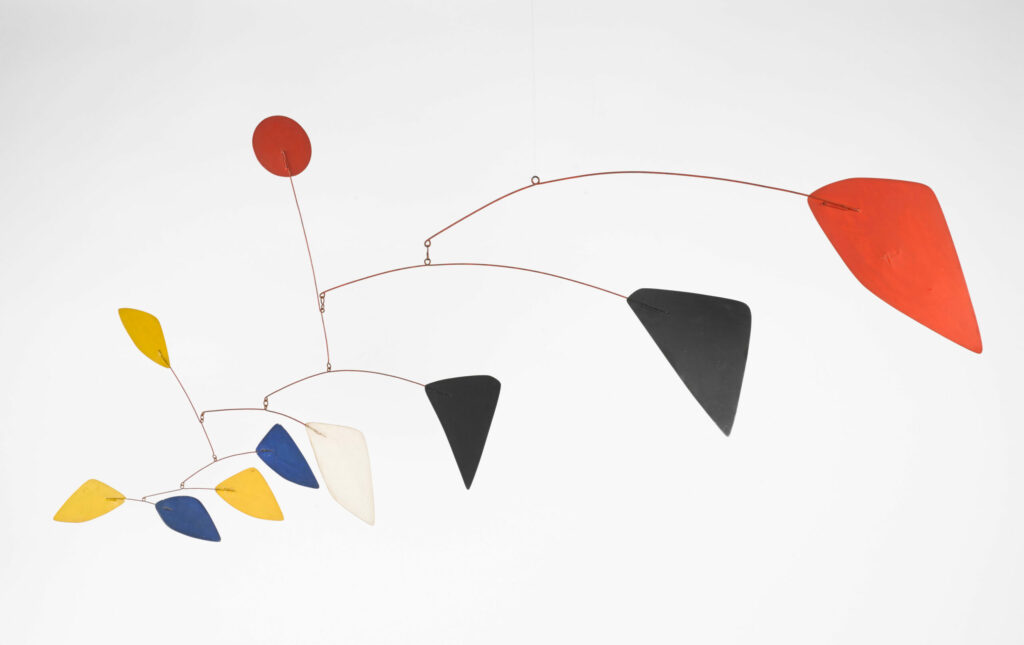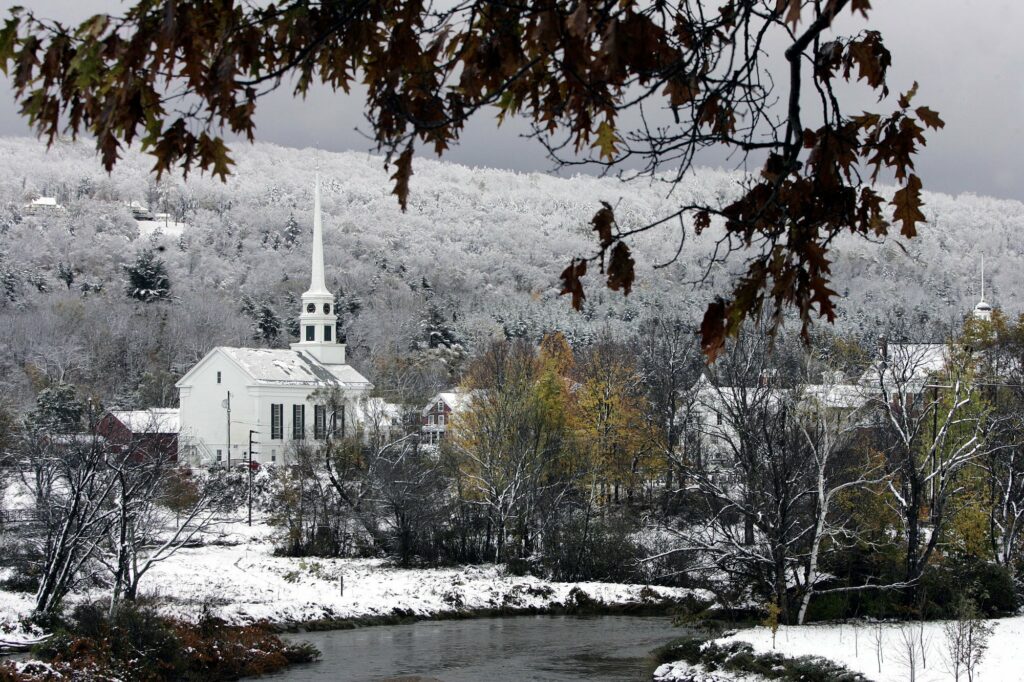Writing Tips
Interview: Barbara Henning Discusses “Prompt Book” and Finding the Inspiration to Write
If you’re a writer looking for prompts, inspiration, or lessons on literary movements, then writers.com instructor Barbara Henning‘s new book Prompt Book (Spuyten Duyvil Publishing, 2021) is your solution. Naturally, we were curious about how an author goes about collecting and publishing a book of prompts. Below is our full interview with Barbara on Prompt Book…
Read MoreWhat is Urban Fantasy? Writing the Urban Fantasy Genre
If you’re interested in writing urban fantasy, just know this: urban fantasy books ruined my trip to New York City. There weren’t any goblins under the Brooklyn Bridge, the lions outside of the 5th Ave library remained motionless, and none of Manhattan’s graves turned undead in the night. Worse, no matter how many subway rats…
Read MoreHow to Avoid Clichés in Writing
I hope this isn’t unoriginal, but reading clichés in writing make me feel like I’ve woke up on the wrong side of the bed. Really, clichés in writing are a dime a dozen. It’s language that, quite frankly, is dead as a doornail. I hope I’m not beating a dead horse. Clichés are everywhere. They’re common parts of the…
Read MoreHow to Become a Writer
So you’re wondering how to become a writer. The short answer is: anyone who writes is a writer. However, becoming a writer who’s serious about their professional career requires lots of work, and if you’re wondering how to become a professional writer, you’re here to start your journey towards a productive and successful literary career.…
Read MoreHow to Write a Compelling Story
What makes a story interesting? Hasn’t every original idea already been taken? Trying to write an interesting story seems impossible when so many books have been written, and if you’re at the start of your literary career (or trying to start your next book!), you might be daunted by the task of originality. In other…
Read MoreHow to Read Prose: Close Reading Strategies for Prose Writers
In this article, we’ll give you strategies to begin reading prose like a writer. We’ll discuss applying close reading strategies to prose: that is, to anything that isn’t written in verse, from short stories to novels to memoirs and more. This article is third in our series on how to read like a writer—in other…
Read MoreHow to Read Poetry Like a Poet
Poetry is the densest and richest use of language there is, and learning how to read poetry is an art in itself. Learning how to read poetry like a poet—to not only feel the impact of poetry but to have a sense of the craft elements that make that impact possible—even more so. Reading poetry like…
Read MoreHow to Read Like a Writer
One of the first things I learned in a fiction writing workshop was the phrase “reading like a writer.” The term was popularized by Francine Prose’s work of the same name. Learning how to read like a writer is crucial, because a writer’s work involves continuous growth and change. Reading like a writer is a…
Read MoreInterview: Jack Smith Talks Writing, Publication Process, and His New Book “If Winter Comes”
When Fanny Kemble, an acclaimed nineteenth-century British actress, marries Pierce Butler, a Philadelphia aristocrat, she is yoked to a philanderer, a liar, and, as she soon learns, a slaver. She must deal with a husband who expects her absolute obedience, as though she were one of his slaves. As an abolitionist, she feels compelled to…
Read MoreCommonly Misspelled Words: Working with Homophones
Pull out your edition of Strunk’s Elements of Style, because it’s time to talk about a major headache for English writers: commonly misspelled words. The English language lacks uniform spelling patterns, so many words are easy to confuse and misspell—especially most commonly misused homophones. Homophones are two words which sound similar but have different meanings.…
Read More









